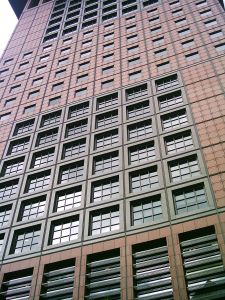

SOFTWARE patents in Europe are for multinationals [PNG], not European industries. Despite that, the EPO helps the US and Japan in software patents agenda (global patent system in sight) and the unitary patent is one manifestation of this. Some German sites wrote about the subject and the site solely dedicated to the subject said that the European Council did well by blocking the foreign agenda:
On Friday June 29th 2012, the European Council has reached an agreement between heads of State and government over a unitary patent and a flanking unified patent court. But, under the pressure of British government, such a deal was done at the expense of removing any overview from the Court of Justice of the European Union over patent law, through the deletion of provisions in the regulation on the unitary patent. But the Union law does not allow for such a move. Therefore the agreement reached by the European Council is doomed to be nullified.
Patents weren’t designed to stifle innovation and take a massive toll on holders
A recent study by a pair of law professors at Boston University School of Law sheds light on the financial impact of patent litigation, and the results may surprise you. For example, would you have guessed that “non-practicing entities” (NPEs), which are individuals and companies that own patents but only use them for litigation (or “patent trolls,” as the study’s authors refers to them), were able to accrue $29 billion (BILLION!) in 2011 by suing hardware and software companies, many of them classified as small and medium-sized businesses? In other words, patent trolls are targeting the little guys and lining their pockets with an obscene amount of dollars that could otherwise be used on research and development in the field of technology. The actual cost is even higher.
Qualcomm's formal reorganization is in large part designed to protect its patent portfolio as it anticipates using more open source software in the development of its technologies. The move is a smart one even if the company has not carved out an impenetrable zone of patent suit protection, said attorney Kevin C. Taylor. "I think the structure will go far to protecting its IP assets."